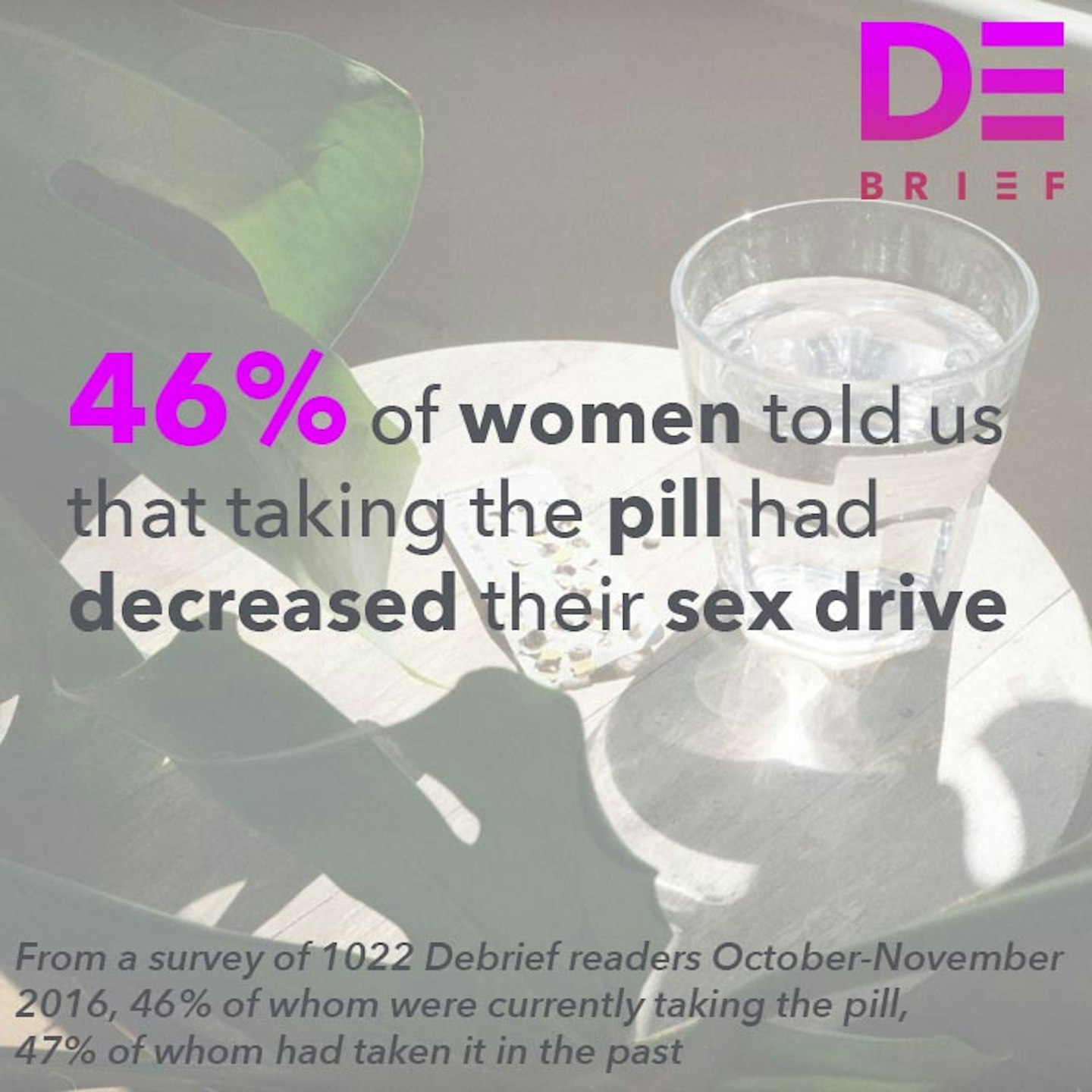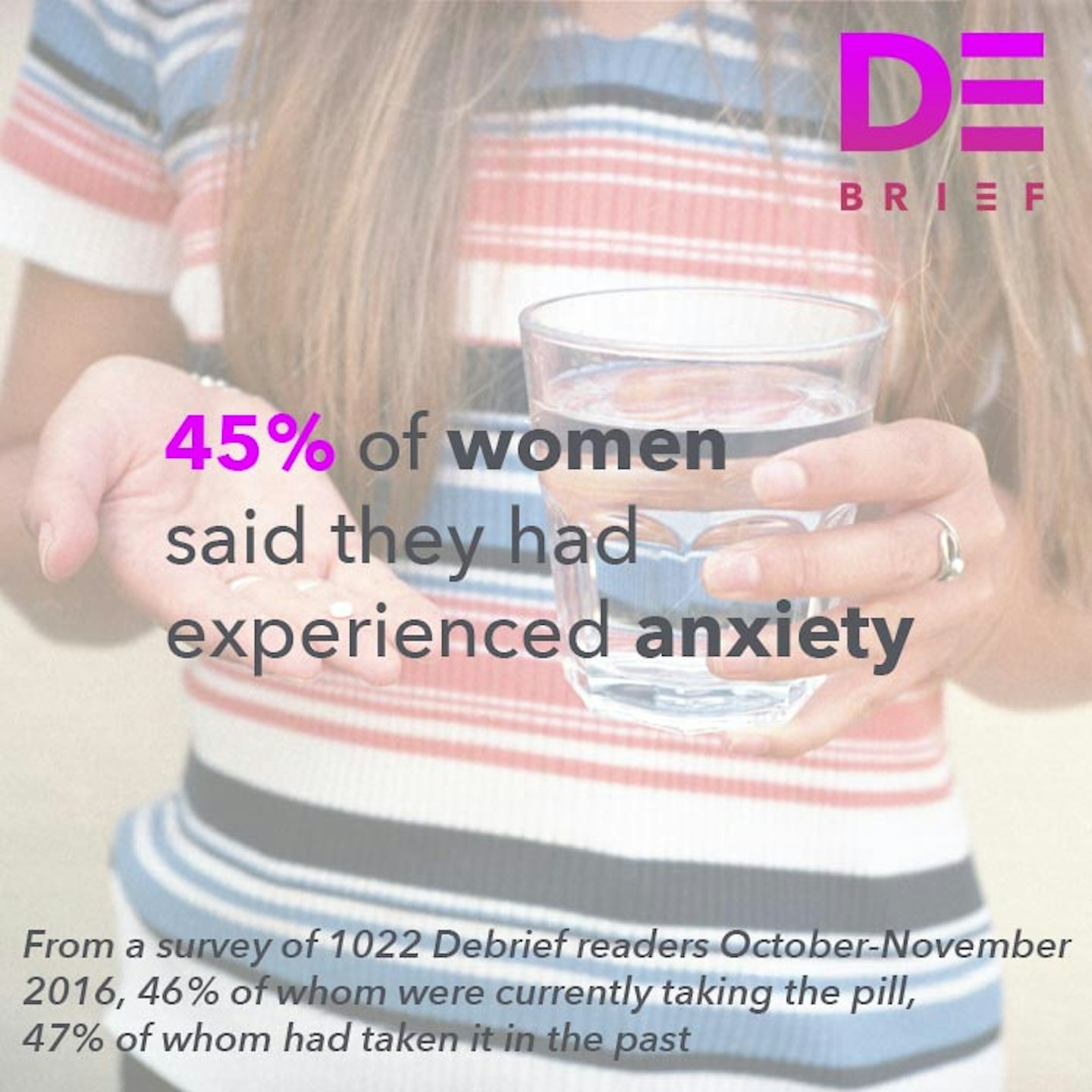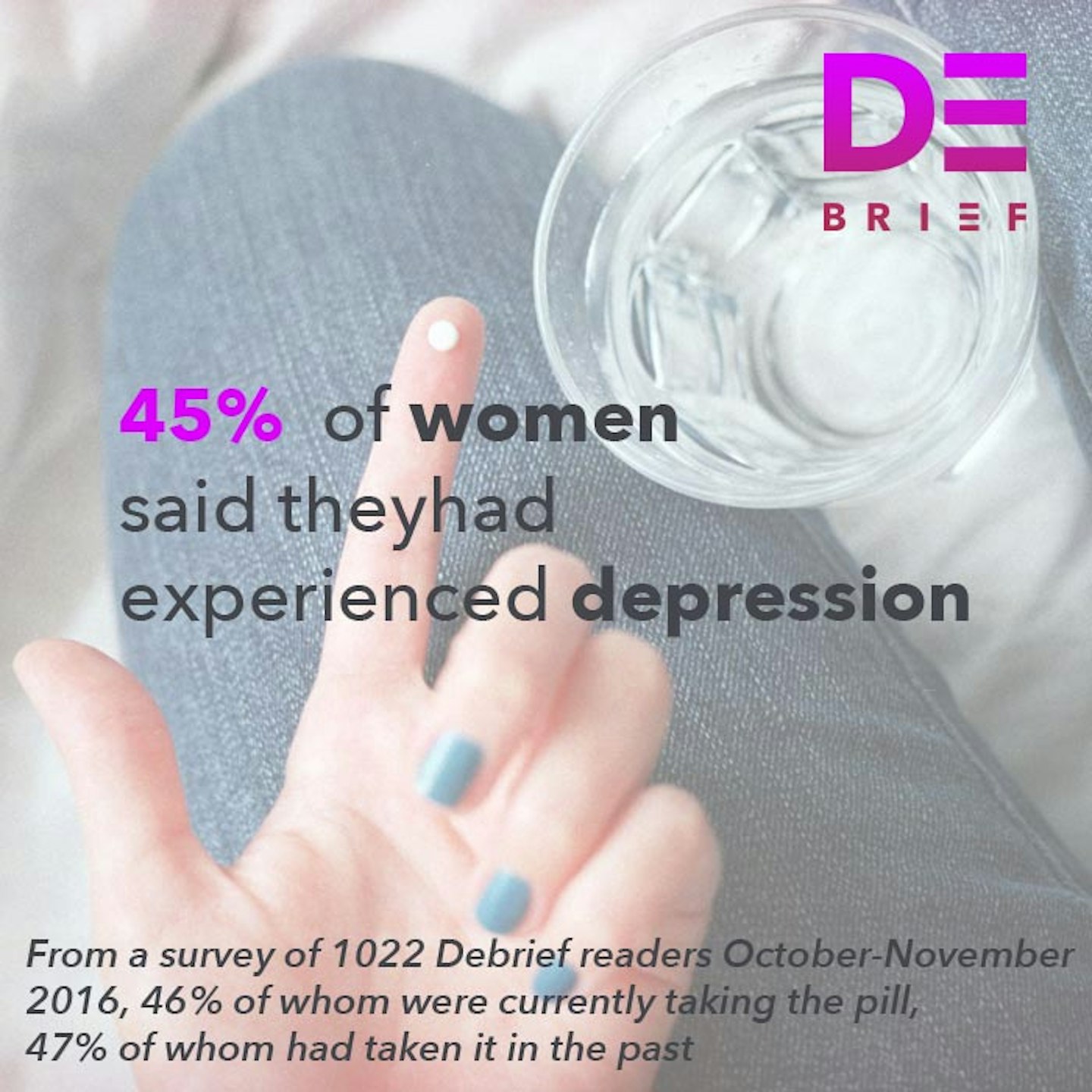Today the news broke that Tesco is currently facing Britain’s largest ever equal pay claim which could end up costing them as much as £4bn. The key to the case of the thousands of women who work in Tesco stores is that they are arguing that their work is directly comparable to that of their male colleagues. They say that the most common rate for women store staff is £8 an hour while for men it can be as high as £11 an hour.
This is the foundation of the 1970 Equal Pay Actunder which it is unlawful to pay men and women differently for the same work. The women are being represented by solicitors’ firm Leigh Day who told the BBCthat this issue had been ‘hiding in plain sight’ for some time.
Interestingly, a representative from the firm went on to say that they were not insinuating that Tesco had been intentional underpaying women. Instead, they explained, ‘we believe an inherent bias has allowed store workers to be underpaid over many years.’
We often talk about the gender pay gap as though it is interchangeable with equal pay, it isn’t. However, the two issues do form part of a Venn diagram which overlaps in the middle. This overlap centers around the complementary ideas of the ‘value’ and ‘worth’ of women and men’s work.
Why, for instance, are male BBC presenters who do the same work as women BBC presenters paid differently? It comes down to the value judgement someone somewhere has made about their value to the business which, more often than not, will have been based on that person’s own inherent biases.
Not all cases will be as cut and dry as the Tesco women workers seems to be. The law has already made it clear that men and women should be paid the same for the same work, and yet, the gender pay gap in this country persists. So, what role does inherent and unconscious bias play?
Unconscious bias, [according to the ECU {href='https://www.ecu.ac.uk/guidance-resources/employment-and-careers/staff-recruitment/unconscious-bias/' target='_blank' rel='noopener noreferrer'}), ‘happens by our brains making incredibly quick judgements and assessments of people and situations without realising’. Biases, they say, ‘are influenced by our background, cultural environment and personal experiences. We may not even be aware of these views and opinions, or aware of their full impact and implications’.
Those implications, however, can be devastating. A study conducted by academics at science faculties across the United States in 2012 asked staff members to review a selection of job applications which were identical apart from the gender and name of the applicant. They found that male candidates were rated as better qualified than female candidates, staff members wanted to hire male candidates rather than female candidates, gave male candidate a higher starting salary than the female candidate and were willing to invest more in the development of the male candidate then the female candidate.
This demonstrates that inherent bias not only impacts who gets which jobs but also how much they are paid from the off. Jane Gotts, Director of GenAnalytics - a consultancy which looks at equality and diversity – told The Debrief that bias is a big problem when it comes to the gender pay gap, as it is in cases of equal pay. ‘There can be conscious biases to the extent that some people don’t think women are as capable as men and, then, there’s unconscious bias where, because of our conditioning as a society, people don’t think a job is a “woman’s job”,’ she said ‘if you look at industries such as the sciences or mathematics, where pay is generally better, there are fewer women.’
**READ MORE: The Debrief Investigates - Hormonal Contraception And Mental Health **
Debrief Mad About The Pill Stats
 1 of 9
1 of 9Debrief Mad About The Pill Stats
 2 of 9
2 of 9Debrief Mad About The Pill Stats
 3 of 9
3 of 9Debrief Mad About The Pill Stats
 4 of 9
4 of 9Debrief Mad About The Pill Stats
 5 of 9
5 of 9Debrief Mad About The Pill Stats
 6 of 9
6 of 9Debrief Mad About The Pill Stats
 7 of 9
7 of 9Debrief Mad About The Pill Stats
 8 of 9
8 of 9Debrief Mad About The Pill Stats
 9 of 9
9 of 9Debrief Mad About The Pill Stats
Part of the problem, as she sees it, is still the inherent attitudes held about women taking time off to raise children and coming back to work part time which is certainly borne out in all of the data. The gender pay gap starts for women in their 20s and gets even worse when they hit their late 30s and 40s.
‘The problem’ Gotts says, ‘is that people hire in their own image. So, if managers are men they may suggest other men for opportunities. Unconscious biases exist and influence this. We need to look at how promotions are advertised – are they open, are they transparent?’.
Last year, the government announced that employers in Great Britain with more than 250 staff will be required by law to publish figures about their gender pay gap, gender bonus gap and numbers of men and women at each level of pay within their company annually on their own website and on a government website. The deadline for this is fast-approaching.
Does Gotts think it will help to solve the problem once and for all? ‘The pay gap reporting is a welcome step’ she told The Debrief ‘but it’s a first step. The number of companies that have reported so far is actually very low, just under 800 have reported so far that’s around 10% of all of the companies expected to report. Why? Because there’s fear around it. I also genuinely don’t think it’s high up enough on companies’ priority lists – they don’t see the benefit of having a truly diverse workforce. Diverse companies perform better so we still need to talk about this. Business need to recognise that gender parity is good for business.’
If anything good comes from the most recent iteration of the conversation about the gender pay gap which has been sparked by the revelations about the extent of pay inequality at the BBC Gotts says, it is that women in the public eye, such as Carrie Gracie, are showing that they are not afraid to take a stand and question their pay. ‘This is everything to do with culture, everything to do with transparency’ she says ‘it’s important that the government takes action but it’s also incumbent on women to question and force these conversations’. As she sees it, the more we do this, ‘the more women will feel confident in asking and questioning.’
Follow Vicky on Twitter @Victoria_Spratt
This article originally appeared on The Debrief.
